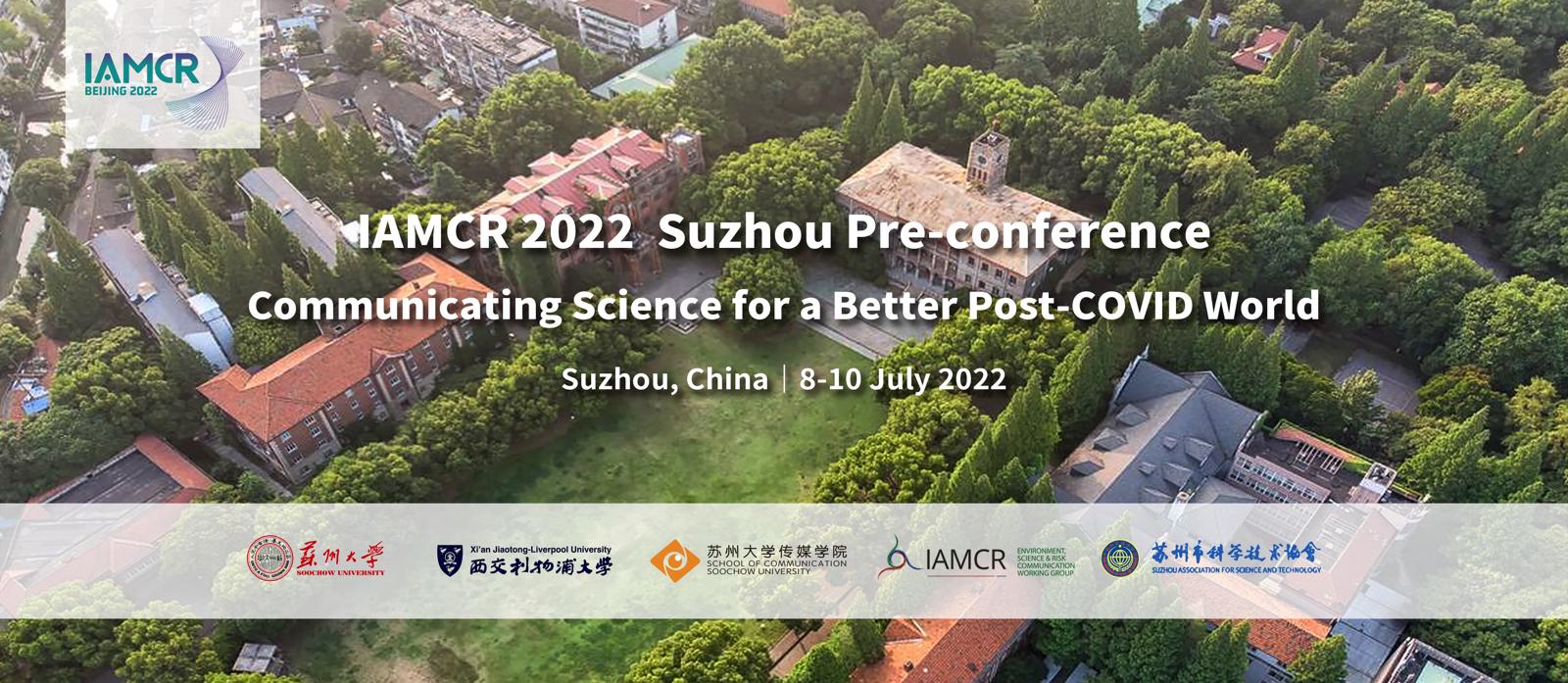Advances in Science, especially biological sciences and genetic engineering, are reshaping our world understanding (Hill, 2012). Since the 1960s, scientific controversies have flooded into our life and are closely integrated with social and political struggles. Deciphering the mechanism and eliminating the public's skepticism has therefore become one of the critical issues in building models about controversial science communication.
In order to dispel public skepticism about advanced technology, it is necessary to understand how the public's attitudes towards scientific controversies come into being. Up till now, 31 variables correlated with public attitudes towards scientific controversies were found, among which perceived risks/benefits, institutional trust, knowledge level, and individual differences are the main factors (Gupta et al., 2011).
Compared with GMO and Random Mutagenesis, CRISPR-Cas9, a technique enabling modification of the genome, is heralded as quick, easy, and cheap feature. Being widely used in species modification and disease treatment, gene editing has achieved good results in GEF (genetic edited food), HIV treatment (CH June, 2007), and even has the potential to defend against cancer (Rosenblum et al. D & Gutkin A, 2020). However, the birth of gene-edited babies (2018) and the immature side of the technology have also made it a scientific controversy.
By taking CRISPR as an example, this paper illuminates the mechanism underlying the public attitudes to scientific controversies are formed. Research questions include:
(1) To what extent dose Chinese public acquire scientific literacy related to CRISPR, such as the awareness of technology's social impact and its potential?
(2)Does piblic CRISPR literacy positively related to public attitudes toward it, or as Durant (2000) found, as knowledge grows, public attitudes decline instead?
(3)Are there any primary factors influencing public attitudes towards gene editing, such as belief (Nisbet et al., 2005) and ideology (Weiss et al., 2002)? Meanwhile, will the public’s attitude toward CRISPR be influenced by their prior attitude/knowledge of GMOs, given they lack the literacy to distinguish between the two different technologies?
(4)How do variables such as perceived risks, perceived benefit, locus of control (LOC) and institutional trust play their roles in knowledge and attitudes? In addition, from the perspective of Slovic (1987), gene editing undoubtedly has high dread risks and unknown risks at the same time. How do the two sides of perceived risk affect the public's attitude towards CRISPR?
(5)Is there the consistency between attitudes towards CRISPR and public willingness-to-consume (WTC) and willingness-to-pay (WTP) in their real life?
Through data from an online questionnaire, the study found that the level of public scientific literacy of CRISPR affects the public's attitude towards gene editing technology, which in turn positively affects the public's WTC and WTP related products. Knowledge level negatively affects perceived risk, and perceived risk negatively affects public attitudes toward CRISPR. The mediating effect of perceived risk between knowledge and attitudes about CRISPR has thus been examined. The mediating or moderating variables such as LOC, perceived benefit, and trust towards government institution have also been discussed.

 京公网安备 11010802039275号
京公网安备 11010802039275号